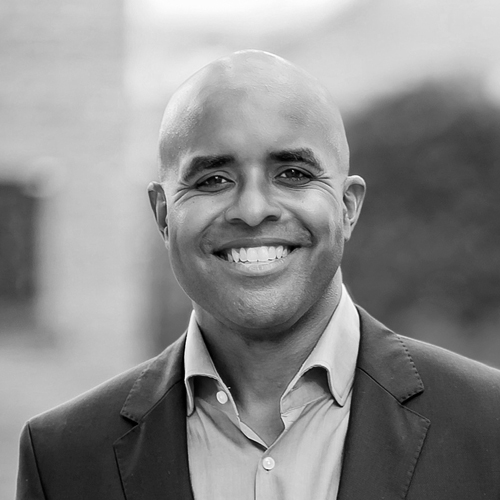Tiffany & Co. is much more than a little blue box or an iconic boutique on Manhattan, New York’s Fifth Avenue. The company’s international presence is a reminder that its growth abroad is a major driver of its continued success.
Founded in New York City in 1837, Tiffany & Co. remained primarily a domestic brand even up to its first initial public offering in 1987. At that time, it consisted of eight US stores, one London affiliate, and a leading department store, which conducted sales in Japan. In the last 10 years, Tiffany & Co. has added nearly 150 new stores, of which approximately 70 percent are outside of the United States. Today, the jeweler operates approximately 300 stores in 25 countries and conducts e-commerce in 13 countries.
The company opened its first wholly owned store in Moscow in 2014, and then-CEO Michael Kowalski commented at the end of the year that Tiffany was significantly underdeveloped in Europe, but he intended to change that. General counsel Leigh Harlan is helping make good on those intentions.
Harlan came to Tiffany & Co. from premiere law firm Cravath, Swaine & Moore LLP. She spent seven years there, embedded in the hub of complex global transactions that is New York City.
Two years after she took the associate general counsel job at Tiffany & Co., Harlan was promoted to senior vice president, general counsel, and secretary. She is responsible for Tiffany & Co.’s worldwide legal operation. She identifies and addresses legal issues related to a broad range of business functions. It’s a role made all the more complex by the company’s expanding international operations.
“Most people think of us as a retailer, which we are, but manufacturing is also a significant part of our business, and both are global operations,” says Harlan. Tiffany’s craftspeople produce about 60 percent of the merchandise sold in the company’s stores. Tiffany purchases more than half of its diamonds [by value] directly from mines, then cuts and polishes them in its own facilities around the world.
While it’s essential for any GC to understand business goals and challenges, Tiffany’s growing international presence adds a level of complexity. It is critical that Harlan communicate effectively with her business teams abroad, local outside counsel, and any third parties involved, despite differences in languages and cultural norms. “When you’re working on matters in foreign countries, you don’t often have the technical knowledge of the local law,” says Harlan, so part of the challenge is finding the right local partners who have that knowledge and can educate her and her team. “No matter how good your judgment is, if you do not have a full and accurate understanding of the business objectives, challenges, and the applicable law, you cannot give sound advice,” she says.
At the beginning of 2015, Tiffany released 2014 holiday earnings. Company leadership admitted that the season had not been as fruitful as anticipated but that “meaningful global opportunities” still exist for the company in the long term. Total sales in the Asia-Pacific region and in Europe rose 10 percent and 9 percent, respectively, on a constant-exchange-rate basis, with notable growth in China and Singapore. The Moscow store also contributed to increasing sales outside the Americas.
Harlan’s ability to lead legal across borders will continue to be integral to the business as it capitalizes on the universal appeal of timeless jewelry.


